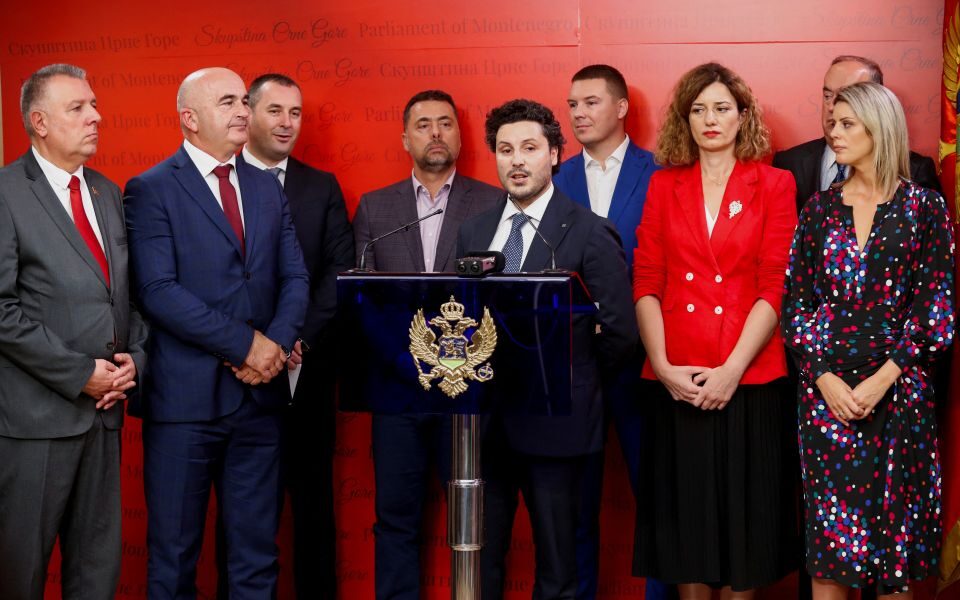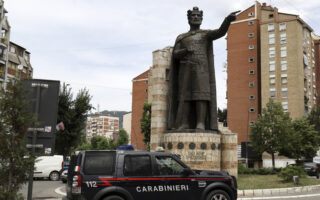Montenegrin government falls over ties with Serbian Church

The Montenegrin government fell in a no-confidence vote early Saturday that followed a rift over relations with the powerful Serbian Orthodox Church.
Lawmakers voted 50-1 to oust the government of Prime Minister Dritan Abazovic just weeks after he signed an agreement regulating the position of the Serbian church in Montenegro.
After a day-long debate, the no-confidence motion, jointly proposed by the Democratic Party of Socialists (DPS) of President Milo Djukanovic and some parties of the ruling coalition, received backing of 50 of parliament’s 81 deputies.
Politics in the Adriatic country of just 625,000 people, which split from its much bigger neighbor Serbia in 2006, has long been marked by divisions between those who identify as Montenegrins and pro-Russia Serbs who opposed Montenegro’s independence from a former state union with Serbia.
The Serbian Orthodox Church enjoys the biggest following in Montenegro, but the nation is divided over the church’s dominant role and the country’s ties to Serbia.
Critics have argued there was no need for a special deal with the Serbian church separate from other religious communities. Pro-Western groups in Montenegro also have described the agreement as a tool for Serbia and Russia to increase their influence in Montenegro amid the war in Ukraine.
Abazovic has defended the agreement as the way to put behind the long-standing church dispute over its property and other rights in Montenegro, and focus on other important issues.
“I am very proud of everything we have done in 100 days,” Abazovic said after the vote. “We will be remembered as the government that lasted the shortest but which made the most difficult decisions.”
Criminal groups sponsoring some political parties were behind the no-confidence motion in order to prevent his government’s anti-graft campaign, Abazovic said on Friday.
“This country will be ruled either by criminals or by citizens,” he said after the vote. “And I’m sorry … that organized crime in Montenegro still uses its tentacles to regulate political relations.”
President Milo Djukanovic will now have to nominate a new prime minister-designate to form a new government of the NATO member nation that aspires to join the European Union. There is also the chance of a snap election.
Political bickering in Montenegro has blocked progress toward integration into the European Union. Montenegro in 2017 defied its former ally Russia to become a member of NATO. [AP, Reuters]





